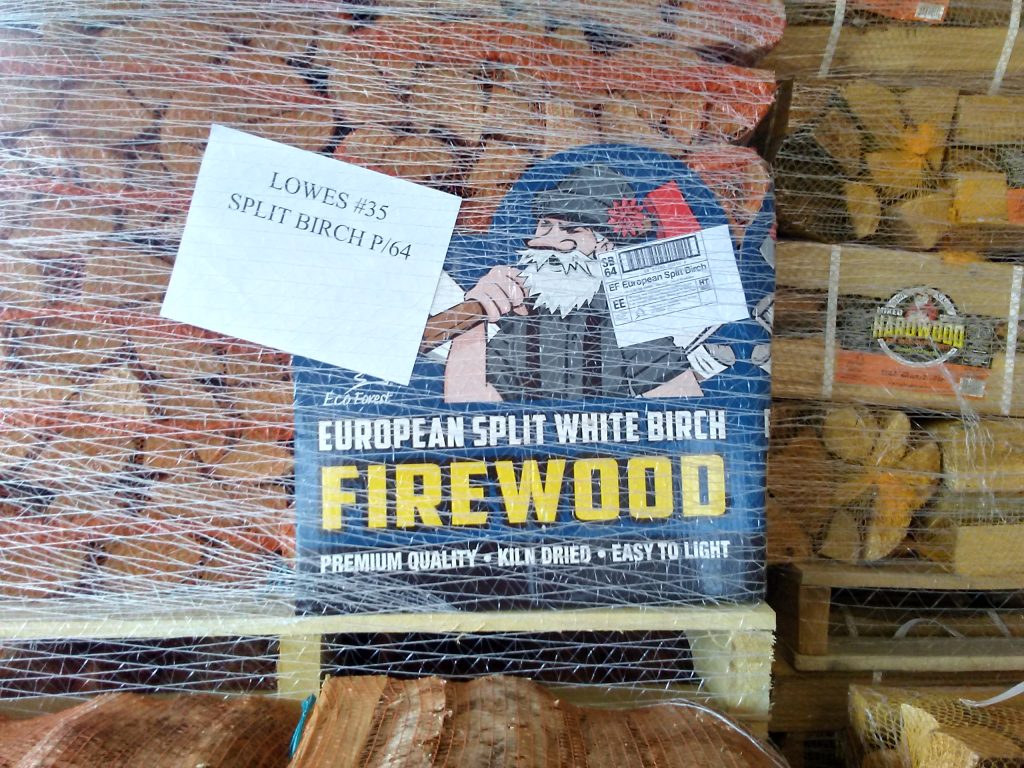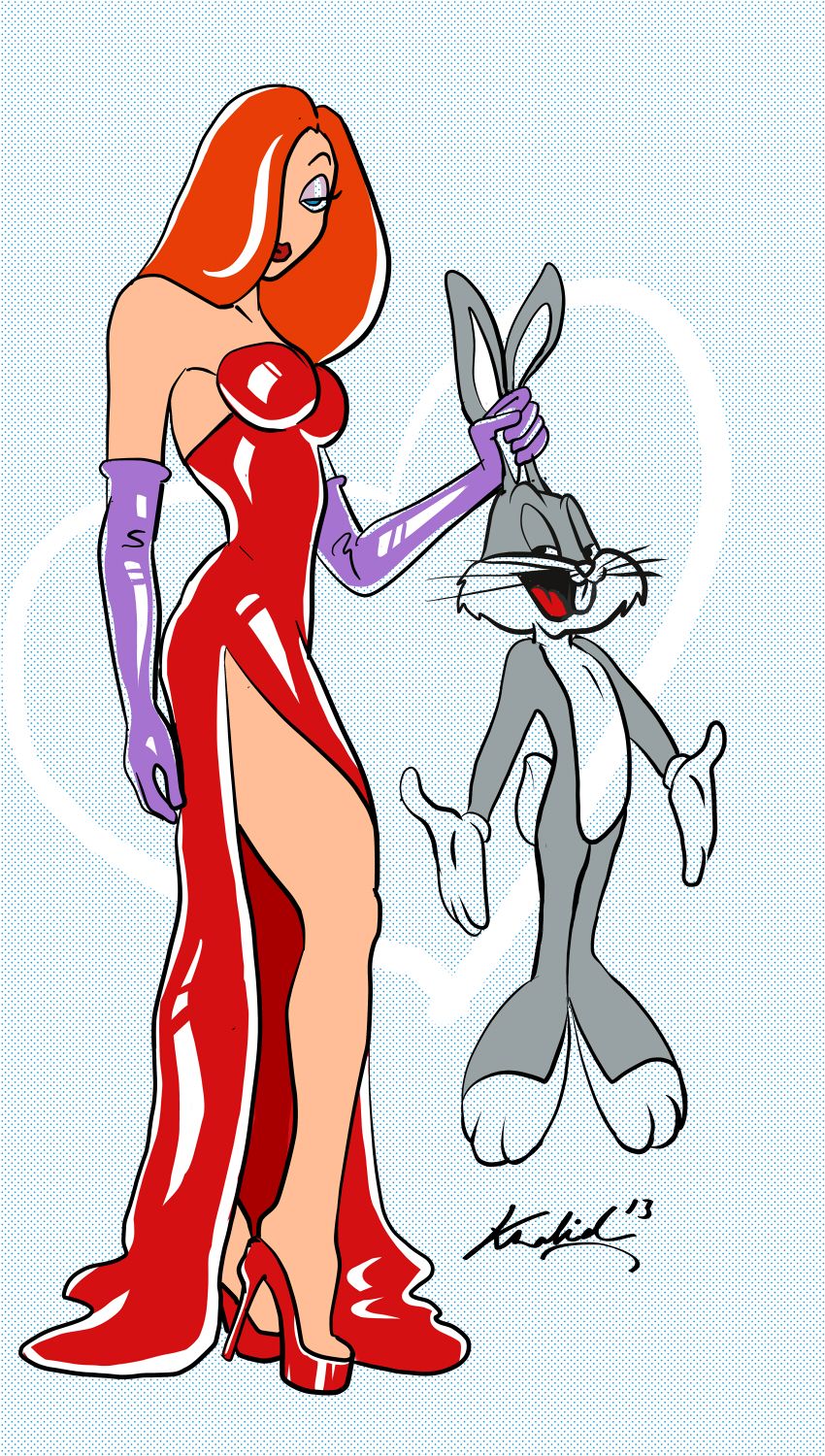The no camping vow lasted almost 10 years. By that time there were six of us and we were living in a true rustic paradise, Waldport, OR, on the shores of the Pacific. As of this writing Judy and I are still living there in the only home we have ever owned and where we could hardly wait till I retired so we can sell the bitch and move to where it actually gets warm in the summer. Someplace where it rains a bit less than 100 inches a year and where tourism does not show up as the top employer. However, by the time I finally retired, property values in nice places had gone up so much I’m still stuck.
But back to the story. With all those kids and before the invention of the minivan we owned a VW camper bus. This is classified as a Class B Recreational Vehicle. This class of RV is essentially a modified van. They usually have fold down beds, a heat source, stove, possibly a fridge, and often have a modified roof so that you can stand up inside.
We did not intentionally buy a camper van. The VW bus had started out with just a sunroof. Opening the roof while traveling 60 mph was in retrospect probably not the brightest of ideas. Lucky for us traffic was light and the drivers following us were alert or I might still be in litigation. Rather than replace the sunroof, Judy heard of a local who had an engineless VW camper van. For a hundred bucks and a long weekend of work, we had our first RV with a van tent that attached to the side as a bonus. We could hardly wait to take her out. This time we would camp in comfort on our fold out bed in the bus while the kids got the air beds in the attached tent. We were going to have fun.
I took a week off and we drove from Waldport to northern California and the Lava Beds National Monument. In the monument are lava flows, cinder cones and other things typical of other western volcanic areas like the Mountains of the Moon in Idaho, and Lava Lands near Bend, OR. What sets the Lava Beds apart is amazing concentration of wonderful lava tube caves which you explore with flashlight and lanterns without the guides telling you what not to touch. It is a novice spelunker’s paradise with miles of underground mazes and even caves with permanent ice at their bottom most points.
This is where I first discovered that Judy hates and fears caves. The area is also infested with rattle snakes. Judy hates and fears snakes more than caves. I am surprised that Wes didn’t inherit her fear of snakes hate in utero. Years before when Judy was six months along, she noticed a snake at the bottom of a vault toilet as she was just starting to sit down. If there had been an Olympic event where pregnant athletes sprint with their pants and poo-poo undies around their ankles, her world record would still be on the books. Fifty years later I still am required to check for snakes before she will use a vault toilet even if it is the portable kind with the blue smelly shit in the tank.
That night at the lava beds the stars in a moonless sky touched the ground all around us just out of reach. The kids were asleep in the tent as Judy and I sat next to a dwindling campfire in amber glow. I was totally relaxed with a beer in one hand and cigar in the other while Judy sat next to me playing a flashlight over the ground like a fanatic NAZI in one of those WWII prison camp movies. She just knew that that rattle snakes came out at night to eat babies.
Dozing, I awoke to a blood curdling scream of SNAKE! To this day when pressed, I am forced to agree with her that the tail of a kangaroo rat could easily be mistaken for a rattlesnake. They both are sort of round and the tuft of hair at the end of the rats-tail could easily be mistaken for the poison bearing triangular head of the Western Diamondback. I am sure that there must be a footnote in one of those field guides to the reptiles of the West: “Caution: make sure that the snake you are collecting is not a kangaroo rat. Kangaroo rats are fur bearing mammals that hop around the desert on their hind legs and will give you a nasty bite if you try to pick them up by their snake-like tails.”
The next day, a little tired from lack of sleep, we checked out Captain Jack’s Stronghold. This is an Indian war battlefield a few miles north of the lava beds. That war was a sad tale of cultural misunderstanding and our underestimation of the fighting potential of an enemy on its own turf. Seems like 140 years later we have still not learned that lesson.
In the early 1870’s a small band of Modoc Indians went off the Klamath Indian reservation near the present town of Klamath Falls, OR and back to their ancestral home on the Lost River. Seems like Klamaths and Modocs don’t like each other very much and should never have been forced into an artificial nation. The US Army tried to move the Modocs back but under the leadership of their chief, Kientopoos a.k.a. Captain Jack. The Indians retreated into an area just south of Tule Lake that is a honeycomb of caves and natural trenches in an old lava field. From that site a band of 180 men, women, and papooses held off an army ten times their size for nearly a year. Only when the brass hats decided to cut off their only water supply by posting guards at night by the lake (duh!) did the army finally get to use its military prowess to force them out. The Indians probably just got thirsty and left. The retreat was likely a relief to them as they were sick and tired of having to sneak thought army lines every night to get lake water which was not the purest. After leaving the strong hold, a couple of other battles ensued in which the Indians again embarrassed the army. Only when a few of the Modocs turned themselves in and helped the army hunt down Kientopoos did the war finally turn in the army’s favor. Kientopoos eventually surrendered and was hung for murdering an unarmed General Canby at a peace conference during the siege of the stronghold. The surviving Modocs, including the ones which helped the army, were all eventually rounded up and shipped off to Oklahoma or hell, a dichotomy which depends on whether you have just heard about the state or have actually been there. I don’t feel too sorry for the turn-coat group of Modocs as some of them were the very ones who convinced Kientopoos to kill Canby. As an aside, General Canby was the only US General to ever be killed during all the Indian wars. Although Custer was a civil war general his rank had been reduced to colonel by the time of the Little Bighorn. The town of Canby, OR is named after Gen. Canby. As far as I know there is no like memorial to Kientopoos, with the exception of the “You Don’t Know Jack” computer game.
The day we visited the stronghold was warm and sunny. The kids were having a great time running ahead playing Indians ambushing the army. This required for them to do a bit of off the trail maneuvering. Judy was having a hard time with this due to the ever present kangaroo rat danger. The fact that it was a weekday and we seemed to be the only ones at the stronghold multiplied her fears. After half an hour of her having to yell at the kids to stay on the trail, she lost her voice and I started to get those dirty looks meaning I had to take over supervisory duties. How she was able to spot me from my perfect ambush spot was really depressing. Rather than be the bad guy, I yelled at the kids that it was time to go. We were back at the van in 10 minutes heading up into the Cascades where altitude and pumice soil discourages snakes whether they are of the rattle or kangaroo variety.
We chose to go to Miller Lake about 12 miles up a pumice dusty road out of Chemult, OR. We had heard about the lake from a Waldport family who had lived in the Chemult area. They described Miller Lake as though it was an undiscovered Cascade paradise. Maybe it was, but not in mid- June. We had no sooner got the camper top up, and the tent attached than it started to snow. What happen next can be construed as really bad parenting basically because it was. What to do when you are huddled up freezing inside of a van tent with four kids and a case of hard liquor purchased at a last chance liquor store in northern California? Not only did all my kids learn to drink that evening, they also learned to smoke, and curse like white trash. By two AM even sweet little Delda was slurring her words. This was probably a good thing as I was pretty sure in my drunken haze that she was saying things like “Damn! Shit! Piss! Give me another fucking drink! I dropped by fucking cigarette in my fucking drink!” To this day, if the lighting is just right, you can still see a slight blue haze hanging over the forest to the west of Chemult.
The next morning was warm and sunny. I awoke first and noticed that during the night a few mosquitoes had worked their way into the van. As this particular insect variety is not one of my favorites, I opened the rear hatch to let them out. For every one of the little buggers inside the van there were 100,000 of their giant relatives outside awaiting the right moment to attack. Like Gen. Canby I had seriously underestimated the enemies fighting abilities. Within seconds we were all awake and fighting a losing battle. Under normal circumstances they would have carried us all off to feast at their leisure, but mosquitoes can’t handle their liquor either, after biting each of us a few hundred times they weren’t sober enough to coordinate their attacks and we managed to escape during the lull.
We kept the camper for many years after that, but never used it that much to explore the natural wonders of Oregon. Instead we rented cabins, complete with beds, real mattresses, running water, flush toilets, screened windows, and stocked with an ample supply of liquor and smokes. It would be nearly another 10 years before we seriously tried RV camping again.

